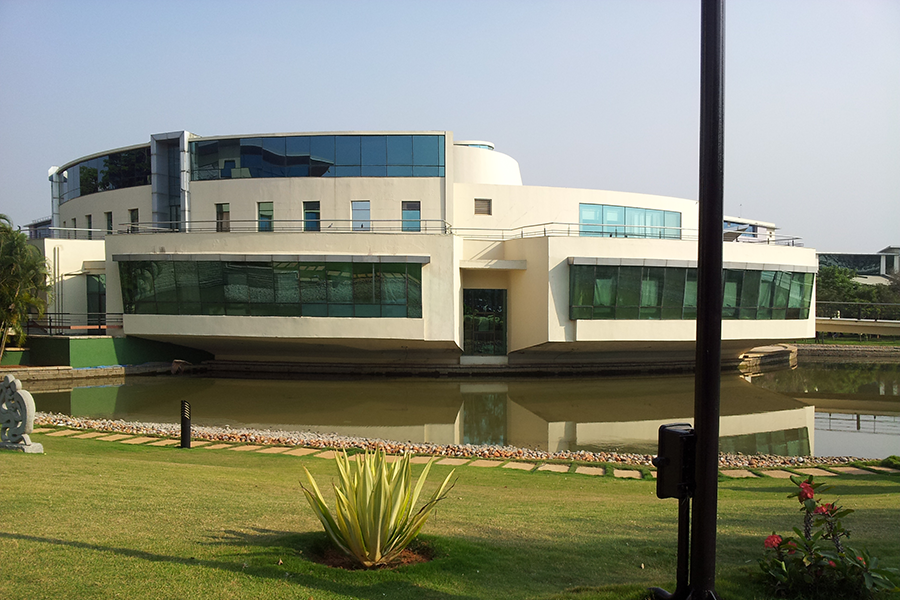While the trend growth rate has increased, there are serious questions that remain about poverty, inequality and welfare in the country. Even as we see vast changes to the urban and rural landscape, ecological, political and moral constraints loom large. The ability and opportunity to break out of conditions of deprivation appear to still be limited for an unacceptably large proportion of the population. Nor is it clear that a coherent strategy exists to deal with the gale forces unleashed by the structural changes wrought by the move towards a more explicitly capitalist growth model. The great challenge of the times appears to be thinking of reasonable solutions to these problems and to understand and loosen the current limitations of national policy.
The Azim Premji University & Institute for Economic Thinking Advanced Graduate Workshop in Indian Development is interested in identifying the complex interactions that influence poverty and development as well as strategies for development that have proven successful in promoting equitable growth, promoting capabilities and reducing poverty. Given these enormous challenges and the need for a great variety of initiatives at multiple levels to resolve them, the first step is to build a new generation of scholars and practitioners that understand these issues. To that end, the Azim Premji University and the Institute for New Economic Thinking will team up to create a space for an interdisciplinary group of scholars at the advanced stages of their PhD dissertations from all over India to collaboratively engage in these issues with each other and with leading academics and practitioners from all over the globe.
The goal of the workshop is to bring together graduate students in development studies at an advanced stage of their dissertation work. A series of lectures given by leading scholars and practitioners will deal with a range of economic, political and social issues pertaining to development and poverty. Speakers discuss topics related to the most pressing issues in development from both a topical and regional perspective. Students will refine their research and presentation skills within assigned small groups under the guidance of faculty leaders in preparation for a culminating workshop-wide presentation of their dissertation material. We welcome applications from all fields in the social sciences; however, students should have some background in economics or familiarity with quantitative techniques. The AGW provides a unique opportunity for students to receive constructive advice and feedback on their dissertation presentations.
We expect to accept approximately 25 students for the 2014 workshop. Students will reside at Bangalore’s WIPRO Learning Centre for the one-week duration Room, board and transportation will be fully covered for all participants.
In the one week summer workshop, run by Vamsi Vakulabharanam (University of Hyderabad, and Institute scholar) and Arjun Jayadev (Azim Premji University, Institute for New Economic Thinking) students will be exposed to some key debates in Indian development and also have a chance to present their work to each other. Over the course of the workshop, students will interact with scholars and practitioners in two primary ways:
- Lectures and Debates: Each day, 2 speakers will present their perspective on a key debate in Indian economics and then have a joint discussion at the end.
- Student Presentations: Each day, students will have the opportunity to spend time in self-selected groups to discuss their work and to prepare a presentation. The students will have faculty leaders guide them in the process. Students will be expected to present their paper on the last two days of the workshop.
